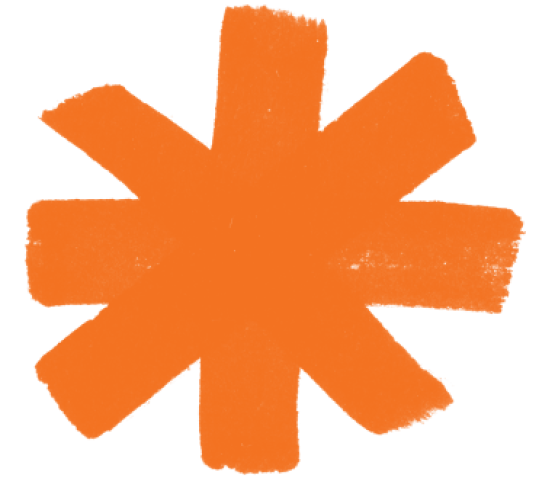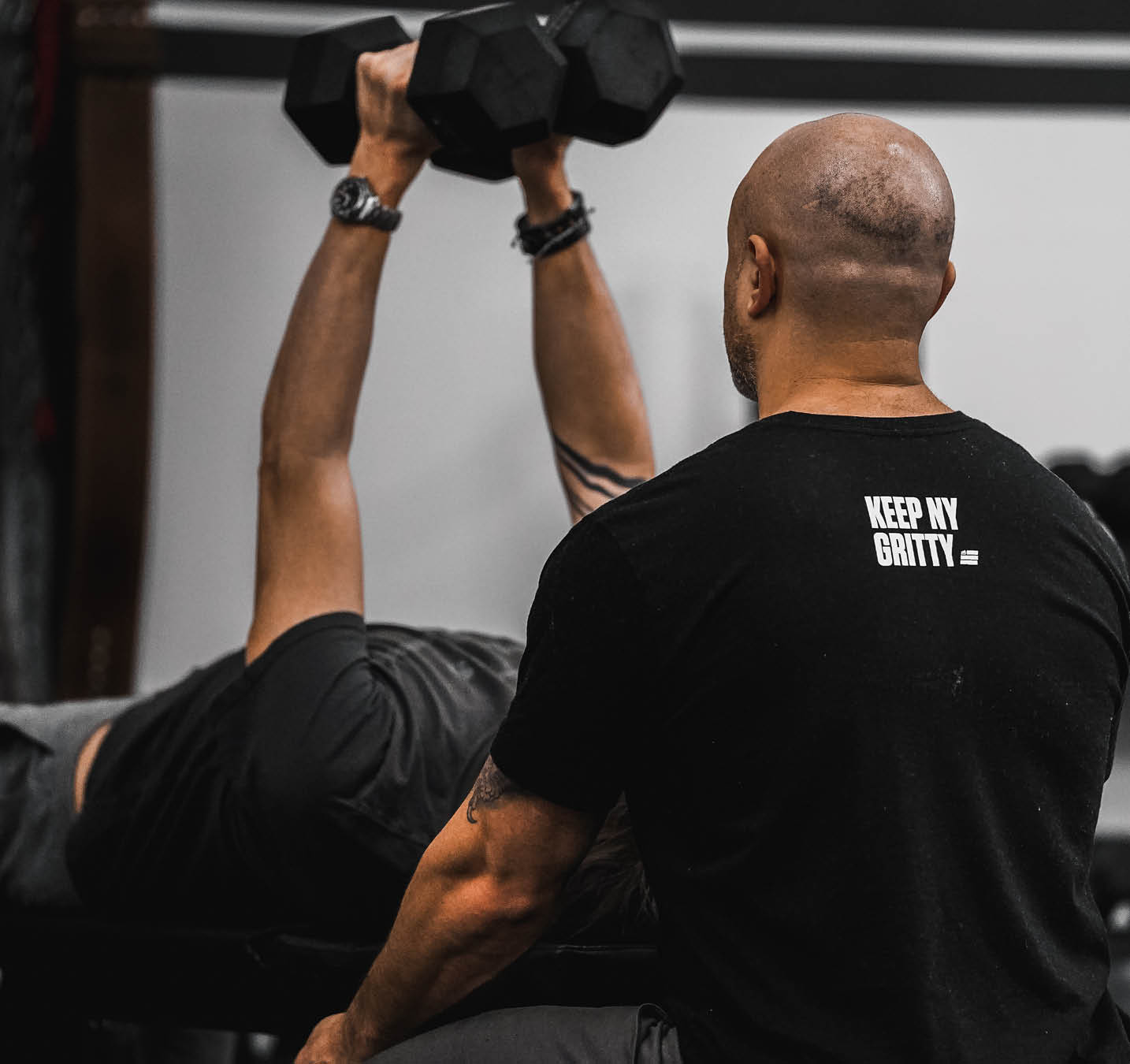THE HOME
OF HIGH PERFORMERS*
A collective of high-calibre people training with purpose, intent, and energy.

In a world dominated by screens, we champion the return to a Physical Culture.
For us, training isn’t a luxury - it’s a necessity.
We teach timeless principles for building a strong, healthy body and mind. When you feel your best, you perform your best.
Become a High Performer

PLANT YOUR FLAG. EARN YOUR CROWN.
We believe in mastery both within the gym walls and beyond. Our approach is not just about physical training, but empowering you to thrive in life.
With a dedicated coach helping you along the way, our goal is to teach you how to fish. Here, health is the foundation for success in every endeavor.
Become a High Performer
TRAIN. LEARN.
THRIVE.
We view training, nutrition, and lifestyle choices as essential life skills everyone should master.
Rather than fostering a dependency on us, we aim to empower you with the knowledge and skills to cultivate your own sustainable physical culture.
Our approach isn’t about quick fixes or short-term challenges. Instead, we provide you with enduring principles, tailored frameworks, and a supportive environment to experiment, adapt, and thrive.
Your journey to optimal health or high performance is unique, and our coaches are here to guide and champion your personal path.
Become a High Performer
TWO PATHS. ONE TRIBE.

FLEX
Get a personal health and performance coach.
You’re guided by an exercise, nutrition, and lifestyle program tailored to your goals and abilities.
Train during open gym under the supervision of our coaching staff. No need for scheduling or reservations.
Perfect for:
• Self-starters working towards a specific goal
• Professionals and entrepreneurs who need flexibility
• Committed individuals who want to improve their life

FOCUS
Workouts will be done 1-on-1 with your personal health and performance coach.
You’re guided by an exercise, nutrition, and lifestyle program tailored to your goals and abilities.
Learn to stay on track through life’s ups, downs, and busy periods.
Perfect for:
• Beginners and special situations (injury rehab, sports performance, postpartum, etc.
• Professionals and entrepreneurs who need more accountability
• Focused individuals who want to supercharge their progress

CULTURE
You know the saying ‘You’re the average of the people you spend time with?’
Well, if you want to meet people on your level, and above. This is the place. We cultivate a culture of hard work, open-mindedness, and relentless drive.
“For anyone looking for not just a gym, but a supportive community that truly cares about your well-being and progress, this is the place
to be.”
Grace L. - Working with Coach Chantel


“I needed to change my life but had no idea how. Brian, June, and the Physical Culture team have done so much for me that I can't even put it into words. They have been there for me through everything, coaching me and offering helpful advice and tips. With all of their help, I have lost over 100lbs. I am so grateful for these wonderful people.”
Ryan B - Working with Coach June

“I’ve always felt I belonged there (no matter my age, gender, or experience level). The coaches are so knowledgable and supportive, and they celebrate your accomplishments with you. I’m the strongest I’ve ever been and I’m feeling confident, both in and out of the gym.”
Kerrie F. - Working with Coach Zack

“My wife and I have been members for a little over a year. It is easily the best gym experience we have ever had. The whole team is amazing - super knowledgeable, dedicated, and fully invested in helping each member reach his or her wellness goals.”
Kevin H. - Working with Coach John
PRICING
6 WEEK STARTER*
1-on-1 onboarding + unlimited visits for 6 weeks
*Required for all new clients
What you get
You’re assigned your personal health & performance coach.
1-on-1 Assessment with your coach to discuss background, goals, and expectations.
Body Composition Test to determine baseline and measure progress.
Data driven movement screen.
Train as often as you want with unlimited facility access.
Unlimited support from your coach via our App.
Perfect for
• People who live in Brooklyn
• Those looking to refocus their health & performance goals
• Those who want to work with a dedicated coach
• Those working towards a specific goal
FLEX
Personal Coach & Program + Facility Access
*Available only after 6-week starter is completed
What you get
Get a personal health and performance coach.
Train during open gym under the supervision of our coaching staff.
Unlimited Coach support via our app.
No need for scheduling or reservations.
Unlimited remote workouts.
Perfect for
• Self-starters working towards a specific goal
• Professionals and entrepreneurs who need flexibility
• Committed individuals who want to improve their life
Train 2 times/week - $360
($45 per workout, billed every 4 weeks)

Train 3 times/week - $400
($33 per workout, billed every 4 weeks)
Train 4 times/week - $440
($28 per workout, billed every 4 weeks)
Train 5 times/week - $480
($24 per workout, billed every 4 weeks)
FOCUS
1-on-1 Training + Unlimited Gym Access
*Strictly limited spots available
What you get
Get a personal health and performance coach.
1-on-1 Private Sessions with Coach
Train during open gym under the supervision of our coaching staff.
Unlimited support via our app.
Unlimited remote workouts.
Perfect for
• Beginners and special situations (injury rehab, sports performance, postpartum, etc.
• Professionals and entrepreneurs who need more accountability
• Focused individuals who want to supercharge their progress
Assessment (required) - $200
(one-off fee)

10 Sessions - $1,750
($175 per session)
20 Sessions - $3,300
($165 per session)
40 Sessions - $6,200
($155 per session)
55 9th St, Brooklyn
NY 11215
USA
917-946-3000
brian@physicalculture.co
@physicalculturebk
Mon-Thurs
6am-12pm and 3pm-9pm
Fri
6am-10am and 3pm-7pm
Sat
8am-1pm
Sun
9am-1pm
Note, peak times have more coaching, while off-peak times are coach guided with an open gym feel. Either way, come train!

